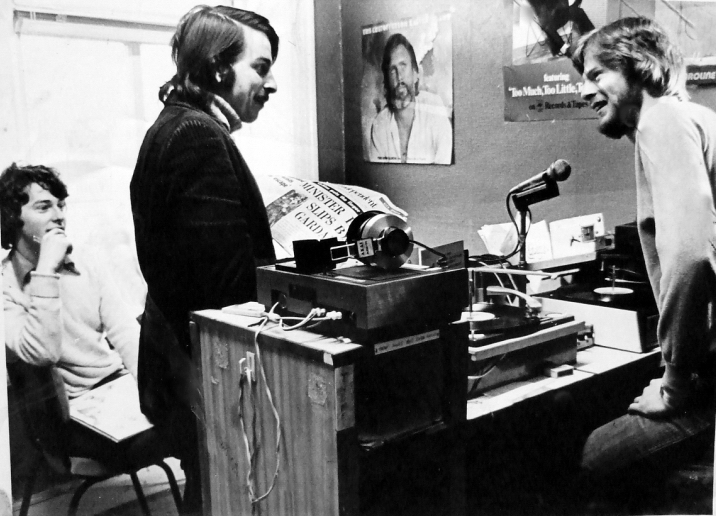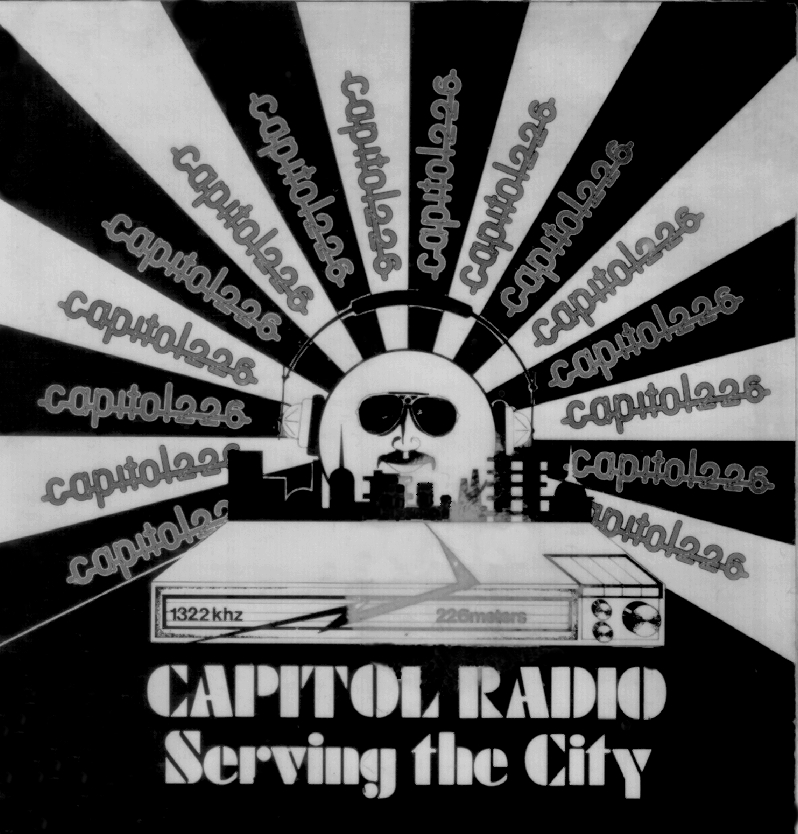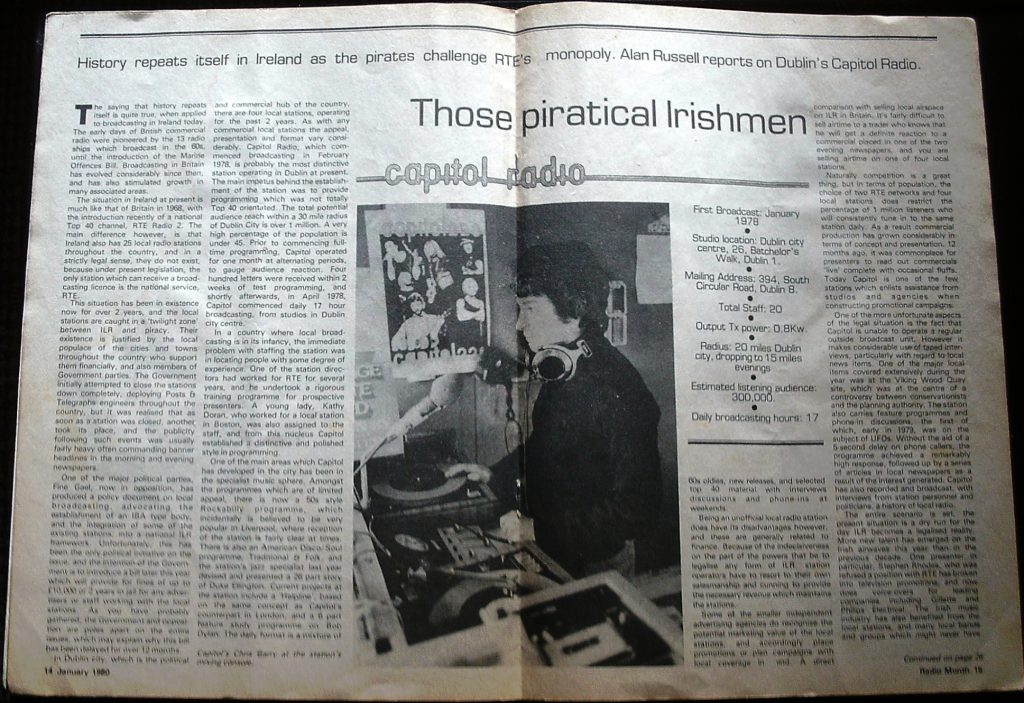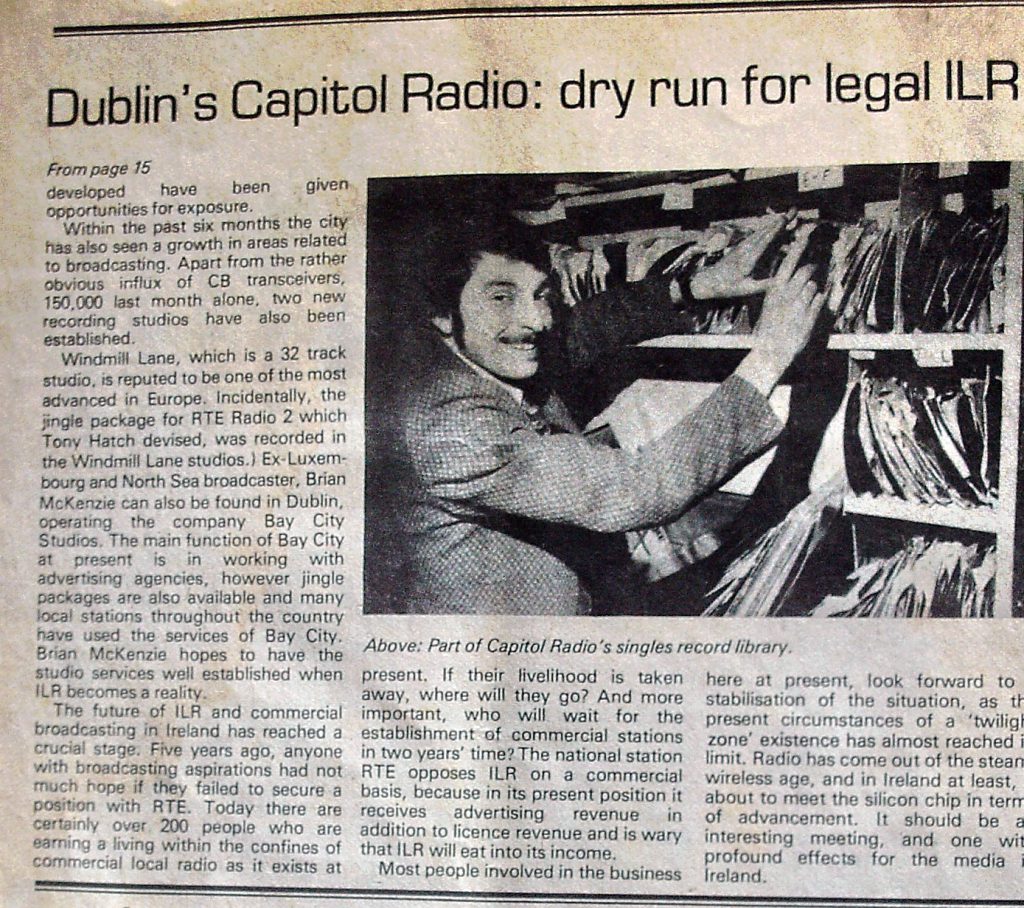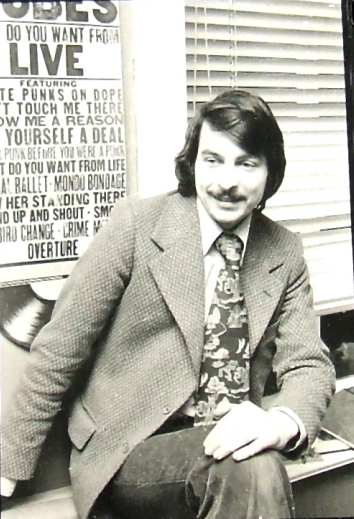Podcast: Play in new window | Download
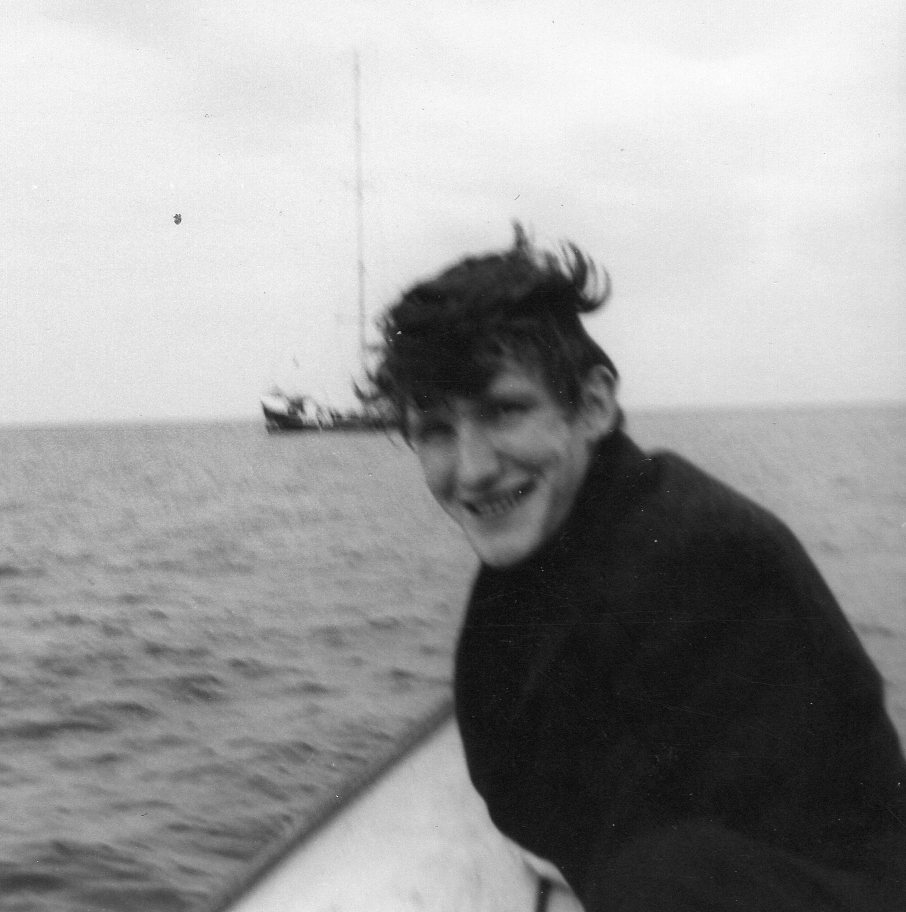
In this post, we bring you more highlights of Dublin radio in 1979 as recorded by English anorak Leon Tipler (RIP) during one of his regular visits to Ireland. This recording begins with Tony Allan (RIP) on his afternoon show on ARD, including news and requests. Later in the tape, Tony conducts an interview with the Friends of Medieval Dublin about the controversial development of the Wood Quay site in Dublin for new civic offices. Simon Young (RIP) is interviewed by another DJ on Big D, and talks about the various gigs that he did around town. There are also snippets of Radio Dublin and Capitol Radio. Parts of these recordings were used in Leon’s acclaimed documentary series The Irish Pirates.
The tape was made on 29th August 1979 from various AM frequencies. We thank Steve England for his donation of the Leon Tipler Collection to Pirate.ie.


